An intercomparison of a large ensemble of statistical downscaling methods over Europe: Results from the VALUE perfect predictor cross-validation experiment
Résumé
VALUE is an open European collaboration to intercompare downscaling approaches for climate change research, focusing on different validation aspects (marginal, temporal, extremes, spatial, process-based, etc.). Here we describe the participating methods and first results from the first experiment, using “perfect” reanalysis (and reanalysis-driven regional climate model (RCM)) predictors to assess the intrinsic performance of the methods for downscaling precipitation and temperatures over a set of 86 stations representative of the main climatic regions in Europe. This study constitutes the largest and most comprehensive to date intercomparison of statistical downscaling methods, covering the three common downscaling approaches (perfect prognosis, model output statistics—including bias correction—and weather generators) with a total of over 50 downscaling methods representative of the most common techniques.Overall, most of the downscaling methods greatly improve (reanalysis or RCM) raw model biases and no approach or technique seems to be superior in general, because there is a large method-to-method variability. The main factors most influencing the results are the seasonal calibration of the methods (e.g., using a moving window) and their stochastic nature. The particular predictors used also play an important role in cases where the comparison was possible, both for the validation results and for the strength of the predictor–predictand link, indicating the local variability explained. However, the present study cannot give a conclusive assessment of the skill of the methods to simulate regional future climates, and further experiments will be soon performed in the framework of the EURO-CORDEX initiative (where VALUE activities have merged and follow on).Finally, research transparency and reproducibility has been a major concern and substantive steps have been taken. In particular, the necessary data to run the experiments are provided at http://www.value-cost.eu/data and data and validation results are available from the VALUE validation portal for further investigation: http://www.value-cost.eu/validationportal.
| Origine | Fichiers produits par l'(les) auteur(s) |
|---|
